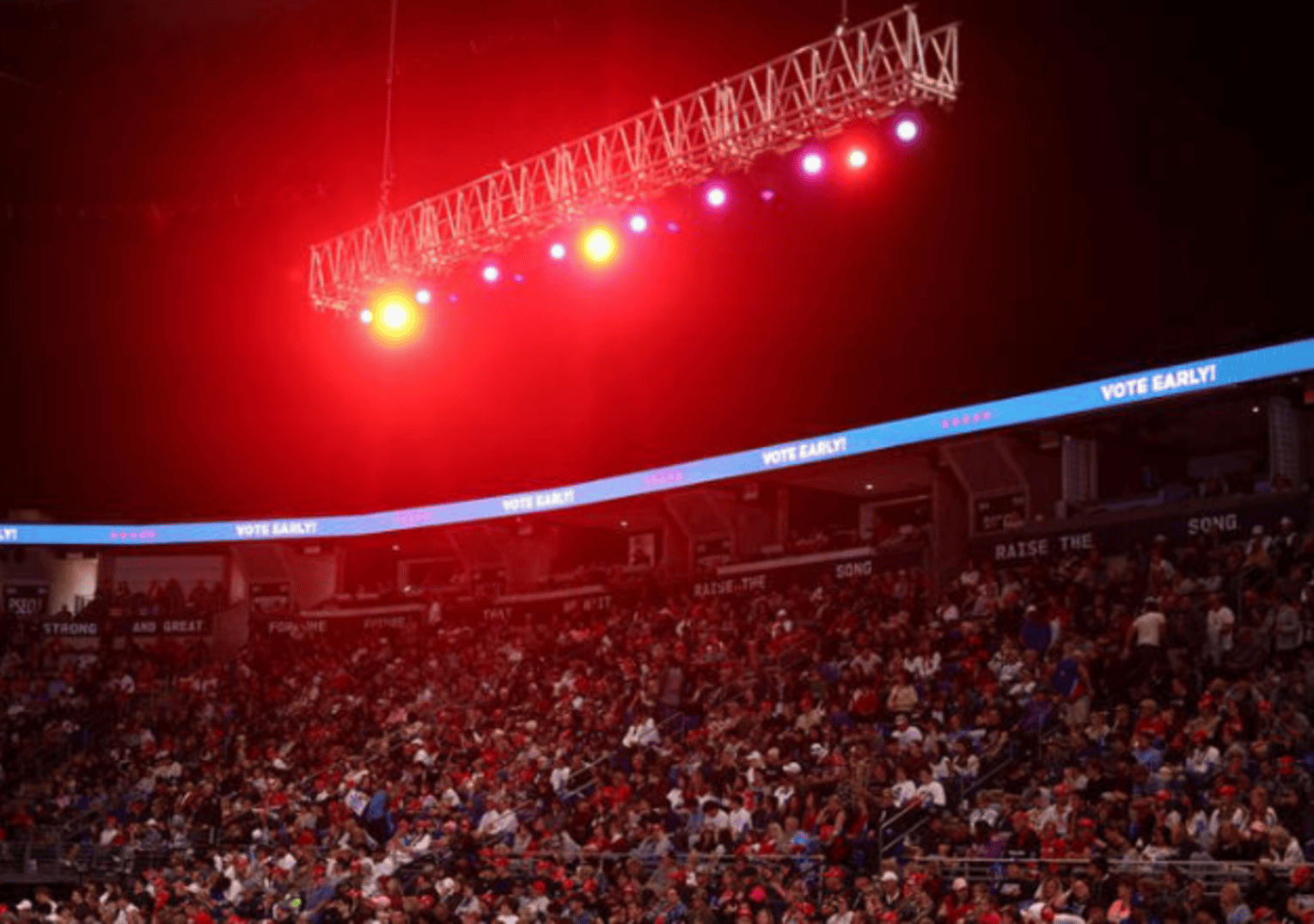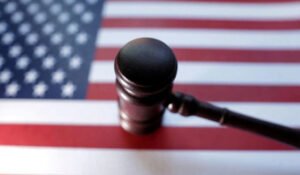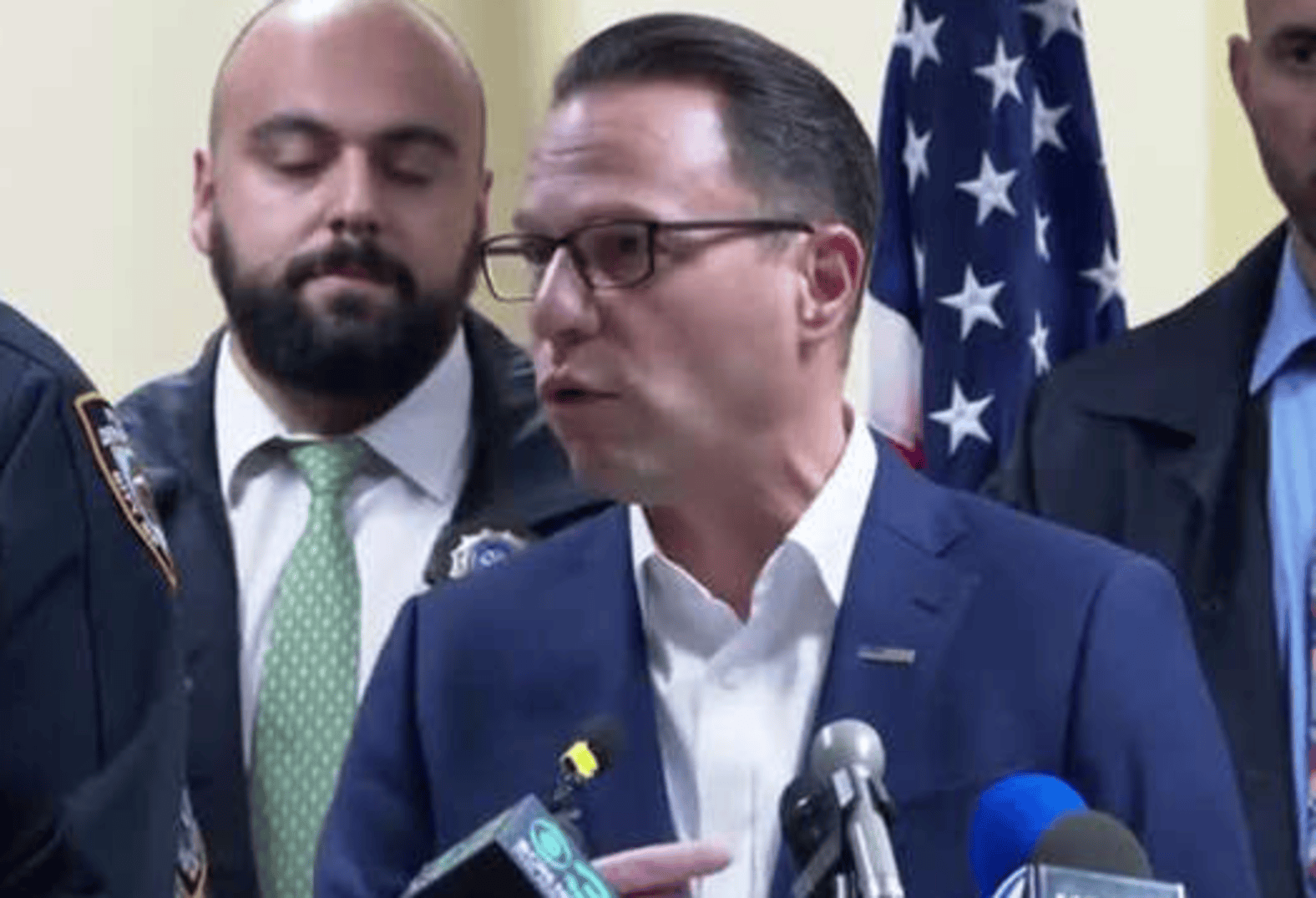
Republican Legal Setbacks Before Election. Republican Legal Challenges Falter Ahead of U.S. Presidential Election
Introduction The Republican Party’s legal efforts to tighten election security have faced significant setbacks. As the 2024 U.S. presidential election nears, courts have ruled against them in multiple key battleground states. These losses may boost voter turnout and speed up the certification of the election results. Republican Legal Setbacks Before Election
Courtroom Setbacks
In recent weeks, Republicans have suffered at least ten legal defeats in battleground states. These states are crucial for deciding the outcome of the election. The legal battles focus on election rule changes, voter purges, and overseas voting restrictions. One major blow came in Virginia, where a federal judge blocked the state’s attempt to remove non-citizens from its voter rolls. The judge ruled that such purges violate federal law if done within 90 days of an election.

Introduction The Republican Party’s legal efforts to tighten election security have faced significant setbacks. As the 2024 U.S.
Legal Defeats in Georgia
Georgia has been a focal point of Republican legal efforts. Courts have blocked changes to election rules, including a push to require hand-counting ballots. Other attempts to purge voter rolls and limit overseas voting have also been struck down. Judges argue that these actions are too close to the election, which could confuse voters and election officials alike.
In addition to blocking the hand-count rule, courts invalidated six other changes proposed by Republicans in Georgia. These rulings mean that election officials in the state will be able to certify results more quickly. Legal experts predict this will boost voter confidence.
Republican Wins Are Limited
Despite these losses, Republicans have had a few legal victories. One such win occurred in Mississippi, where a court ruled that mail-in ballots must be received by Election Day, nullifying a five-day grace period. However, Mississippi is not a key battleground state, so the ruling has limited impact.
Republicans also succeeded in blocking a voter registration deadline extension in Georgia. In Michigan, they forced stricter signature verification for mail-in ballots. Another victory came in North Carolina, where Republicans prevented the use of digital university IDs for voting.
Voter Turnout and Certification
The losses in Georgia and other battleground states are likely to increase voter turnout, according to experts. Quick certification of vote totals may also result from the court rulings. Richard Hasen, a law professor at the University of California, Los Angeles, said the setbacks could prevent voter disenfranchisement and speed up the process of declaring a winner.
Some legal experts believe that these rulings will help ensure a smooth election. By blocking last-minute changes, the courts are reducing the risk of chaos on Election Day. This could lead to quicker certification of the election results.
Republican Appeals and Fraud Claims
While Republicans have lost several cases, they are appealing many of the rulings. Party officials argue that their legal efforts are aimed at securing election integrity. Claire Zunk, a spokesperson for the Republican National Committee, stated that the party remains committed to fighting for a fair and transparent election.
However, legal experts suggest that some of the lawsuits may be more about casting doubt on the legitimacy of the election than winning in court. Paul Smith, a professor at Georgetown Law, believes that Republicans may use claims of fraud to disrupt the vote-counting process if Trump loses the election.
Efforts to Tighten Election
Security Republicans say their lawsuits are designed to prevent fraud. Trump’s false claims that the 2020 election was stolen continue to fuel these efforts. However, Democrats and voting rights advocates argue that the lawsuits are attempts to make voting harder, especially for marginalized communities.
In recent weeks, judges in battleground states like Arizona, Nevada, and Michigan have rejected Republican efforts to purge voter rolls. These decisions cite federal law, which prohibits large-scale voter purges within 90 days of an election. Courts also ruled that making last-minute changes to election rules could cause voter confusion, leading to potential disenfranchisement.
Impact on the 2024 Election
The legal setbacks for Republicans may have a lasting impact on the 2024 election. Voter turnout is expected to increase due to the rulings, particularly in battleground states. In addition, the ability to certify results quickly will likely reduce uncertainty about the election’s outcome.
While Republicans have had some legal victories, their overall strategy appears to be faltering. The focus on last-minute changes to election rules has not found favor with the courts. This could mean that the 2024 election proceeds more smoothly than in previous years.
The Role of Voter Purges
One of the key issues in the Republican legal strategy is voter purges. Party members argue that removing ineligible voters from the rolls is essential to preventing fraud. However, courts have consistently ruled that large-scale purges cannot take place close to an election. In Virginia, a judge blocked the removal of non-citizens from voter rolls just weeks before the election, citing federal law.
Similar rulings have been issued in Arizona, Michigan, and North Carolina. In these states, judges have determined that voter purges filed too close to the election violate longstanding court precedent.
Looking Forward
The outcome of the 2024 election could hinge on the legal battles taking place in battleground states. While Republicans have had some success, their recent string of losses suggests that their legal strategy is faltering.
As Election Day approaches, courts are likely to continue blocking efforts to change election rules or remove voters from the rolls. This could lead to higher voter turnout and quicker certification of the election results. While Republicans may appeal some of the decisions, legal experts believe that many of the lawsuits were doomed to fail from the start.
Conclusion
Republican efforts to tighten election security through the courts have faced significant challenges in the lead-up to the 2024 U.S. presidential election. While the party has had some legal victories, many of its lawsuits have been rejected by the courts. As Election Day nears, the focus is shifting to voter turnout and the certification process. Legal experts believe that the recent court rulings could lead to a smoother election, with fewer delays in counting votes and certifying the results.







